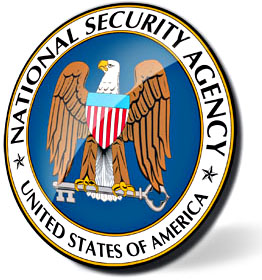Congress has been trying to pass CISA for a while now. CISA is the Cybersecurity Information Sharing Act, and it’s designed to make it easier for private companies to share information with law enforcement about hacks and cyber attacks. It passed the Senate a couple of months ago, but there’s been some pushback in the House, so it’s been in limbo for a while.
I figure that all you really need to know about CISA is this: Dianne Feinstein is for it and Ron Wyden is against it. That would be enough for me to oppose it sight unseen. Still, what’s the problem? Well, the text of the bill seems to have a loophole: it would allow companies to share just about anything with law enforcement, including requests for surveillance of  individuals. The fact that this could be fixed pretty easily but hasn’t been, invites obvious suspicions.
individuals. The fact that this could be fixed pretty easily but hasn’t been, invites obvious suspicions.
And it gets worse. CISA has now been tossed into the year-end budget bill, which means it’s going to get passed for sure. And it’s been “improved”:
The latest version of the bill appended to the omnibus legislation…creates the ability for the president to set up “portals” for agencies like the FBI and the Office of the Director of National Intelligence, so that companies hand information directly to law enforcement and intelligence agencies instead of to the Department of Homeland Security. And it also changes when information shared for cybersecurity reasons can be used for law enforcement investigations. The earlier bill had only allowed that backchannel use of the data for law enforcement in cases of “imminent threats,” while the new bill requires just a “specific threat,” potentially allowing the search of the data for any specific terms regardless of timeliness.
So not only hasn’t this loophole been fixed, it’s been explicitly widened. There are other problems with this new and improved CISA too. Marcy Wheeler is reading the bill right now and posting about other changes as she comes across them. But no matter. As Wyden says, it may be a “surveillance bill by another name,” but it’s a surveillance bill that’s going to land on the president’s desk in a few days. And he’ll sign it.










